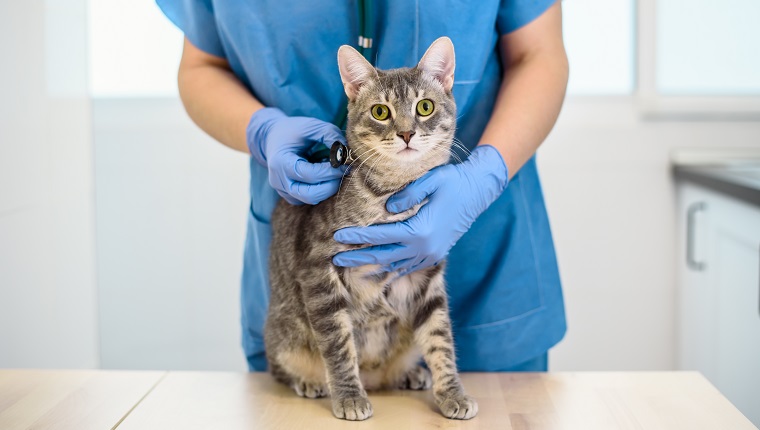Paraneoplastic syndromes in cats is a medical term that refers to a number of issues and ailments that appear in tissues situated near to a tumor. They’re caused by secretions that are produced by the tumor in question.
These syndromes in cats can produce a very wide range of symptoms.
If you see signs that your cat might be suffering from complications from tumors, then you must consult your veterinarian for a proper diagnosis and advice. Here’s what you should know about the symptoms, causes, and treatments of paraneoplastic syndromes in cats.
Symptoms Of Paraneoplastic Syndromes In Cats
Paraneoplastic syndromes in cats can produce a significant range of symptoms depending on the underlying cause at work. Some of the most frequently displayed symptoms include:
- Fever
- Losing hair
- Itchy rash and pustules
- Developing anemia
- Ulcers (in the stomach and intestines)
- Hypoglycemia
- Losing appetite and weight
Causes Of Paraneoplastic Syndromes In Cats

The cause of paraneoplastic syndromes in cats is a tumor whose secretions affect nearby tissues.
These secretions can often be hormonal and may also affect white blood cells.
Veterinarian Treatments
If you notice that your cat is displaying the symptoms of paraneoplastic syndromes, then your veterinarian will want to ask about your kitty’s recent activities and medical history. This is to help figure out the underlying cause of the issue.
The vet will carry out a full physical examination, as well as blood tests that they can analyze to identify how a cat’s immune system is behaving.
Vets can also use imaging techniques to examine the function of specific organs, and they may order a biopsy to confirm their diagnosis.
When it comes to treatment, the precise course of action will depend on both the type of underlying cause and the severity of the issue. In some cases, vets may recommend the removal of a tumor.
If the vet deems it not appropriate and safe to remove the tumor, they may instead suggest lifestyle changes to help ease your cat’s discomfort.
Has your cat ever suffered from paraneoplastic syndromes? What steps did your vet take to treat your kitty? Tell us all about it in the comments below.









